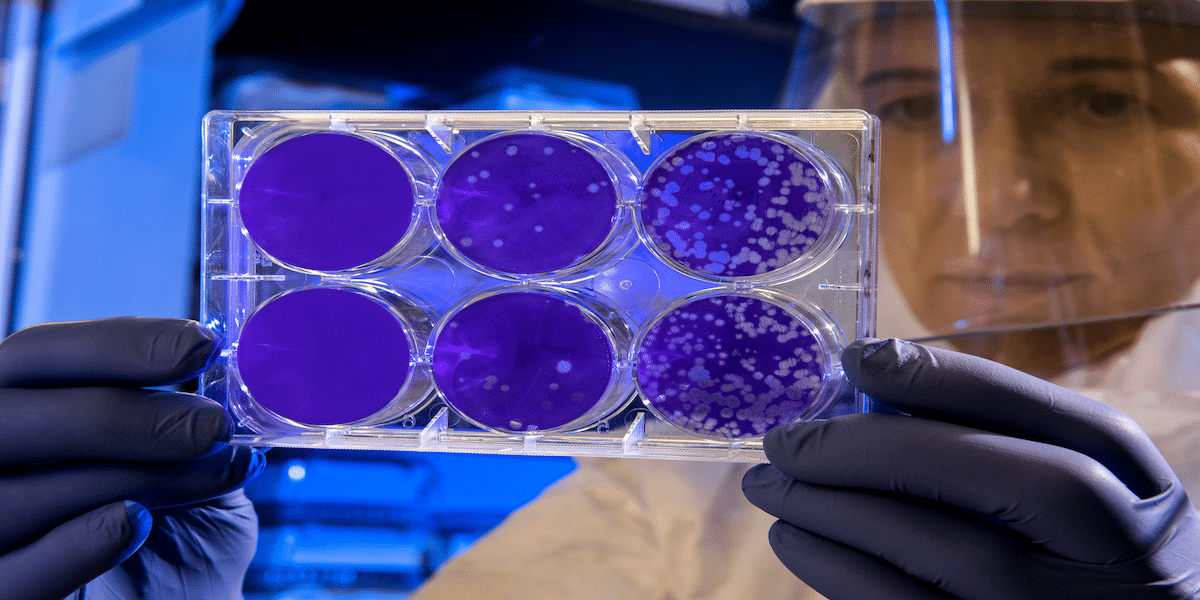Image commercially licensed from Unsplash
“Stem cell therapies have shown immense potential in enhancing the immune system, paving the way for groundbreaking advancements in regenerative medicine,” says Dr. Ernesto Romero, the visionary leader of the Immunotherapy Regenerative Medicine clinic in Puerto Vallarta, Mexico. Being the first to adopt immunotherapy treatments and stem cell therapy in Mexico, Dr. Romero sheds light on the transformative effects of stem cell treatments on the body’s natural defense mechanisms.
Immunotherapy Regenerative Medicine has been dedicated to exploring the potential of stem cells in treating autoimmune diseases and optimizing immune system function. Stem cell therapies have emerged as a cutting-edge solution, using the regenerative potential of these versatile cells to bolster the body’s defense against diseases and restore overall health.
The COFEPRIS-certified stem cell clinic has become the hope for many individuals seeking alternative and effective treatments. Offering personalized patient care under a team of esteemed and experienced regenerative experts, Dr. Romero, a respected figure in the field, has spearheaded advancements in stem cell and immunotherapy technologies for over two decades. His vision, combined with his team’s expertise, has led to remarkable outcomes and a growing demand for stem cell treatments.
Stem cell therapy: empowering the immune system
At the core of Immunotherapy Regenerative Medicine’s approach lies the recognition that a robust and harmonized immune system is vital for maintaining optimal health. Dr. Romero emphasizes that an insufficient immune system response occurs when cells fail to identify harmful cells, thereby compromising the body’s defense mechanisms and leading to the proliferation of malignant cells or the development of autoimmune conditions.
This situation leads to the importance of enhancing and improving one’s immune system by establishing good habits such as maintaining a balanced and nutritious diet rich, regular physical activity, prioritizing sufficient sleep, minimizing stress, etc. However, with the advancements in the medical field, regenerative medicine stands as a promising approach to revolutionize how the body enhances its immune system.
Stem cell treatments have the potential to modulate and enhance the immune response, allowing the body to better defend itself against infections, diseases, and other disruptions to the delicate balance within our bodies.
Dr. Romero explains, “Stem cells possess unique properties that make them an ideal tool for immune system enhancement. It can stimulate and regulate the body’s immune response, promoting a more robust defense against pathogens and abnormal cells.”
Advancements in stem cell treatments for autoimmune diseases
Autoimmune diseases, a group of conditions characterized by an overactive immune response against the body’s own tissues, present a significant challenge in the field of medicine. However, stem cell therapies offer a promising avenue for addressing these complex disorders.
Immunotherapy Regenerative Medicine offers mesenchymal stem cells (MSCs) therapy, a form of regenerative medicine that focuses on repairing damaged cells, tissues, and organs. They possess immunomodulatory properties, which can influence and modulate the behavior of immune cells. MSCs can suppress excessive immune responses, preventing immune system overactivation and reducing inflammation. This process helps prevent immune system overactivity, such as in autoimmune disorders.
Dr. Romero adds, “When tissues are repaired, the immune system can shift its focus from combating internal damage to its primary role of defending against external threats. This redirection of resources allows the immune system to optimize its responses and mount more effective defenses against pathogens and abnormalities.”
Stem cells possess immunomodulatory properties, meaning they can regulate the immune system’s response. In the case of autoimmune diseases, stem cell treatments can help rebalance the immune system, reducing inflammation and preventing further damage to the body.
Another advancement in treating autoimmune diseases is Paracrine signaling or the
fundamental process where stem cells communicate with nearby cells. Stem cells release various bioactive molecules, including cytokines, chemokines, growth factors, and exosomes.
These molecules act as agents that regulate the behavior of neighboring cells, including immune cells. They contribute to immunomodulation, thereby enhancing immune responses by modulating cell proliferation, differentiation, and migration. They can stimulate the production of immune cells, promote their activation, and optimize their functionality, resulting in a more robust and efficient immune system.
The future of regenerative medicine
As ongoing research about stem cell therapies continues, Dr. Romero’s Immunotherapy Regenerative Medicine clinic remains at the forefront, driving medical innovation that transforms lives. Their passion and expertise in high-level patient care and cutting-edge stem cell treatments, using only ethically sourced stem cells maintained under strict high-quality standards, position them as pioneers and leaders in regenerative medicine.
“I, together with our team of medical experts, tailor our treatments to individual patient’s specific immune profiles to maximize the effectiveness of our MSC therapies and make it beneficial to as many individuals as possible,” Dr. Romero concludes.
,The future holds immense promise for regenerative medicine as scientists and clinicians unlock the potential of stem cells. It establishes new hope for patients with previously incurable conditions and strengthens the body’s primary and first defense against abnormal cells – the immune system.


















